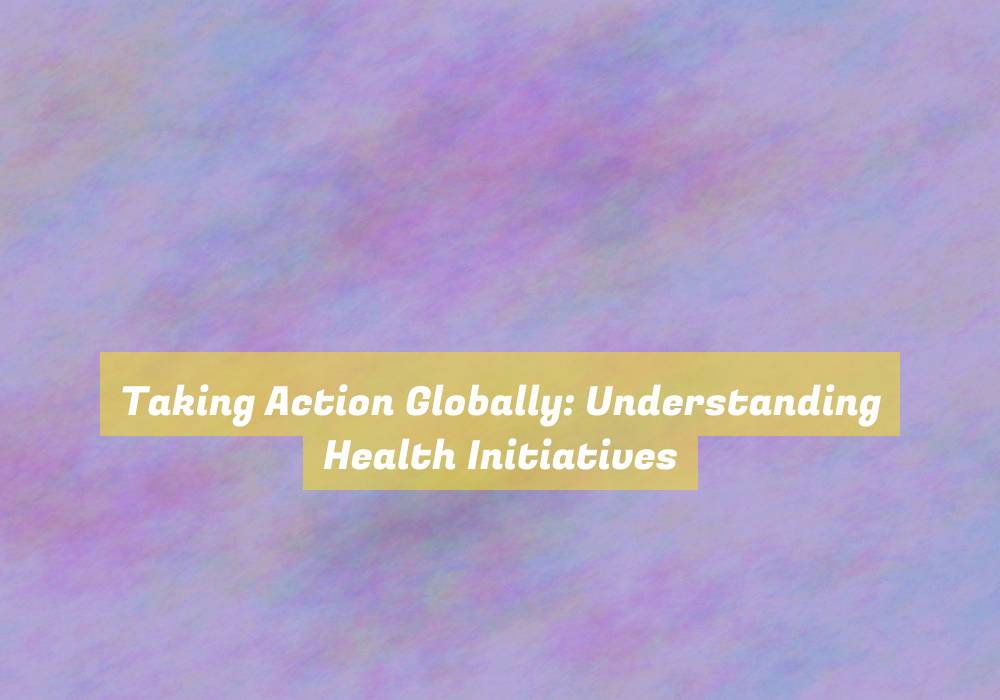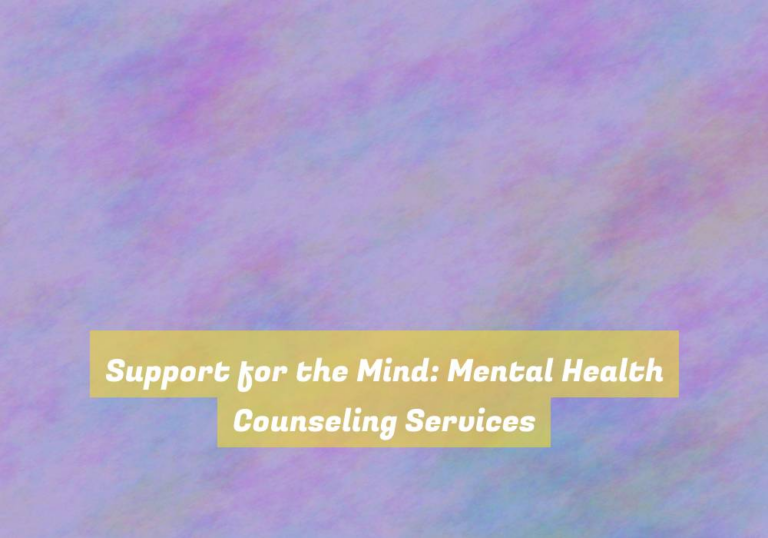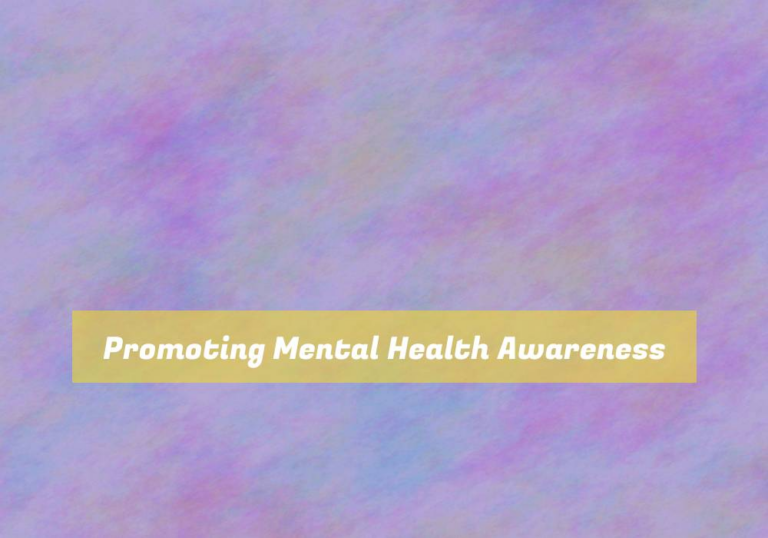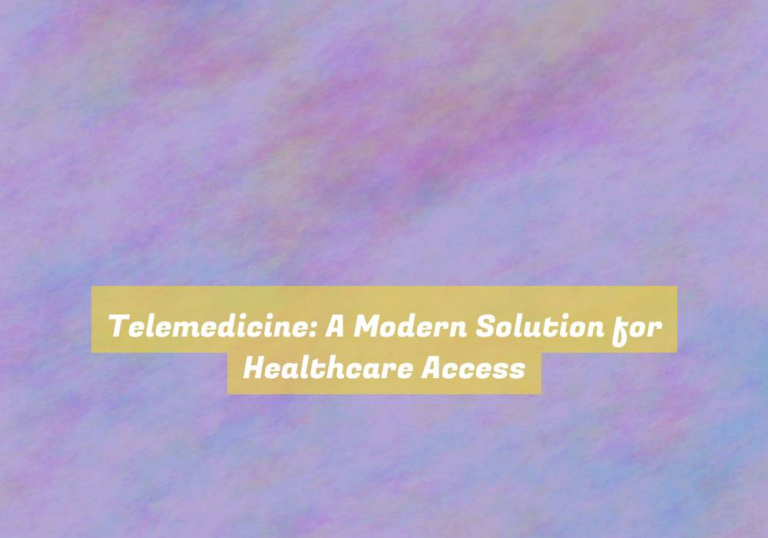Taking Action Globally: Understanding Health Initiatives
Imagine a world where a single stone dropped into a pond sends ripples far and wide, touching every corner of the waterG??s surface.
In a similar way, global health initiatives have the power to create a ripple effect, impacting communities around the world.
From vaccination campaigns in remote villages to education programs on preventing infectious diseases, the efforts to improve health globally have far-reaching effects.
But how do these initiatives come to life? Who are the key players driving these efforts, and what challenges do they face?
Understanding these questions is crucial to comprehending the complex web of global health actions and their impact on the world.
The Importance of Global Health Initiatives
Global health initiatives play a crucial role in addressing the worldG??s most pressing health challenges. These initiatives are vital in combating diseases, promoting healthier lifestyles, and improving healthcare access in underserved communities. By focusing on preventative measures such as vaccinations, sanitation, and education, global health initiatives work to minimize the spread of infectious diseases and reduce the overall burden on healthcare systems.
When you support global health initiatives, you contribute to the well-being of people around the world. Your involvement can help save lives, alleviate suffering, and create a ripple effect of positive change. Through these initiatives, you have the opportunity to empower communities to take charge of their health and build sustainable healthcare infrastructure.
Key Players in Global Health Efforts
In the field of global health, numerous organizations and individuals actively contribute to advancing healthcare access and addressing pressing health issues worldwide.
Key players in global health efforts include international organizations such as the World Health Organization (WHO), which sets global health standards and provides technical assistance to countries.
Additionally, non-governmental organizations (NGOs) like Doctors Without Borders play a crucial role in delivering medical aid in crisis-affected areas.
Philanthropic foundations, including the Bill & Melinda Gates Foundation, are also pivotal in funding and implementing health programs in low-income countries.
Moreover, governments, both at national and local levels, are essential players in shaping health policies and allocating resources to improve healthcare infrastructure and services.
Furthermore, healthcare professionals, researchers, and community health workers are instrumental in delivering frontline care, conducting vital research, and promoting health education and awareness.
Finally, corporate entities, through corporate social responsibility initiatives, contribute resources and expertise to support global health efforts.
Collaboratively, these key players work towards achieving equitable access to healthcare and addressing global health challenges.
Impact of Health Initiatives on Communities
Communities around the world have experienced significant improvements in health outcomes due to the implementation of various health initiatives. These initiatives have played a crucial role in addressing pressing health issues, such as infectious diseases, maternal and child health, and non-communicable diseases. By focusing on preventive measures, promoting health education, and increasing access to essential healthcare services, these initiatives have positively impacted communities by reducing disease burden and improving overall well-being.
One notable impact of health initiatives is the decline in mortality rates, particularly among vulnerable populations. Vaccination campaigns, improved access to clean water, and sanitation programs have contributed to reducing the prevalence of infectious diseases, saving countless lives. Furthermore, initiatives targeting maternal and child health have led to a decrease in maternal mortality rates and improved child survival.
Health initiatives have also empowered communities to take charge of their health. By fostering community engagement and participation, these initiatives have promoted health-seeking behaviors and encouraged the adoption of healthier lifestyles. As a result, communities have experienced a shift towards proactive health management, leading to long-term benefits and sustainable improvements in health outcomes.
Challenges and Future of Global Health Actions
The success of health initiatives has brought to light the pressing challenges and future considerations for global health actions. As you look ahead, itG??s essential to address the ongoing issue of access to healthcare in underserved areas. Many communities around the world still struggle to obtain basic medical care, and this remains a significant barrier to improving global health.
Additionally, the rise of antimicrobial resistance poses a threat to the effectiveness of current treatments, necessitating the development of new strategies to combat infectious diseases. Furthermore, the ever-present challenge of securing sustainable funding for health initiatives must be tackled to ensure their continued success.
Looking to the future, advancements in technology offer promising opportunities for enhancing healthcare delivery, such as telemedicine and health information systems. Embracing these innovations can help bridge gaps in healthcare access and improve health outcomes globally.
Collaboration between governments, non-governmental organizations, and the private sector will also be crucial in addressing these challenges and driving progress in global health. By working together and remaining adaptable to emerging issues, the future of global health actions can be shaped to create a healthier world for all.
Conclusion
Now that you understand the importance of global health initiatives, you can actively support and advocate for these efforts.
Remember that key players in global health include governments, NGOs, and international organizations.
By understanding the impact of health initiatives on communities, you can better appreciate the challenges and opportunities for future action.
Keep learning, stay informed, and take action to make a positive difference in global health.







